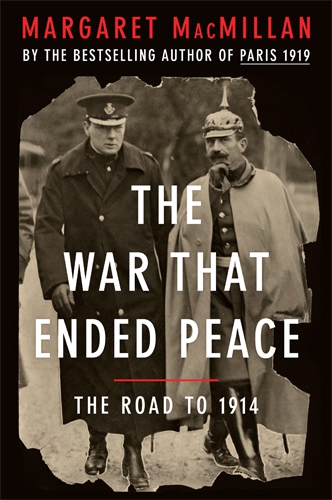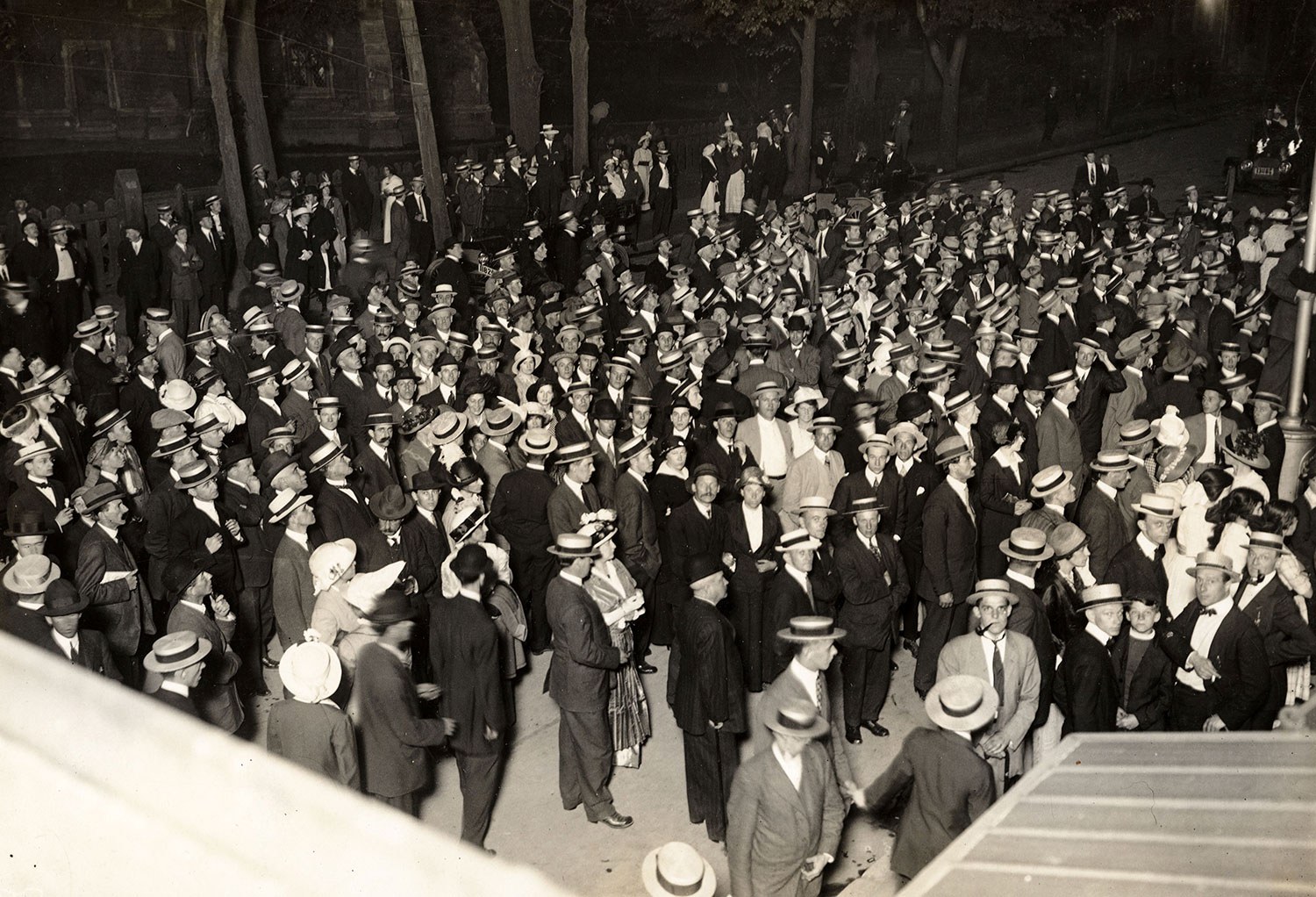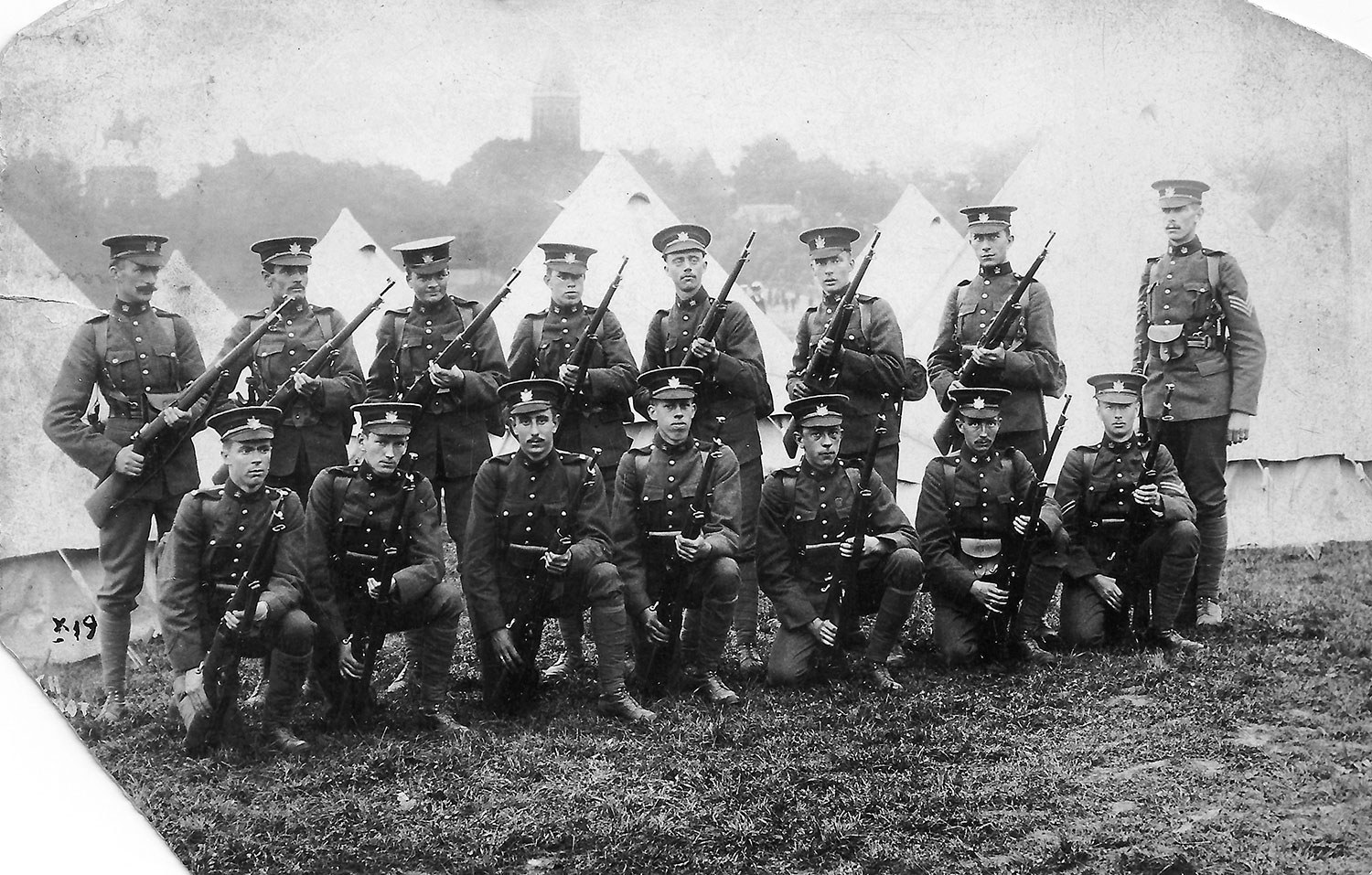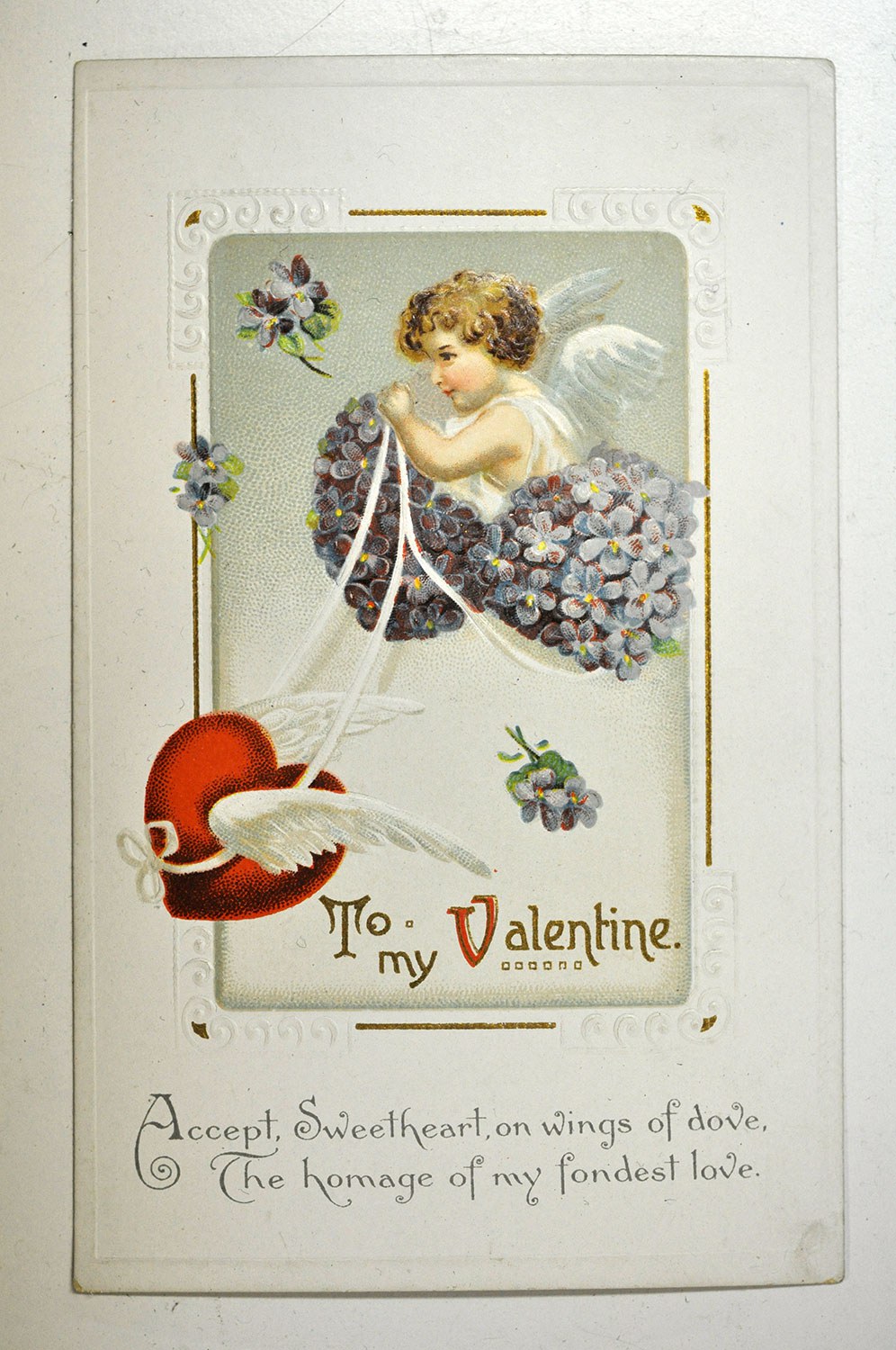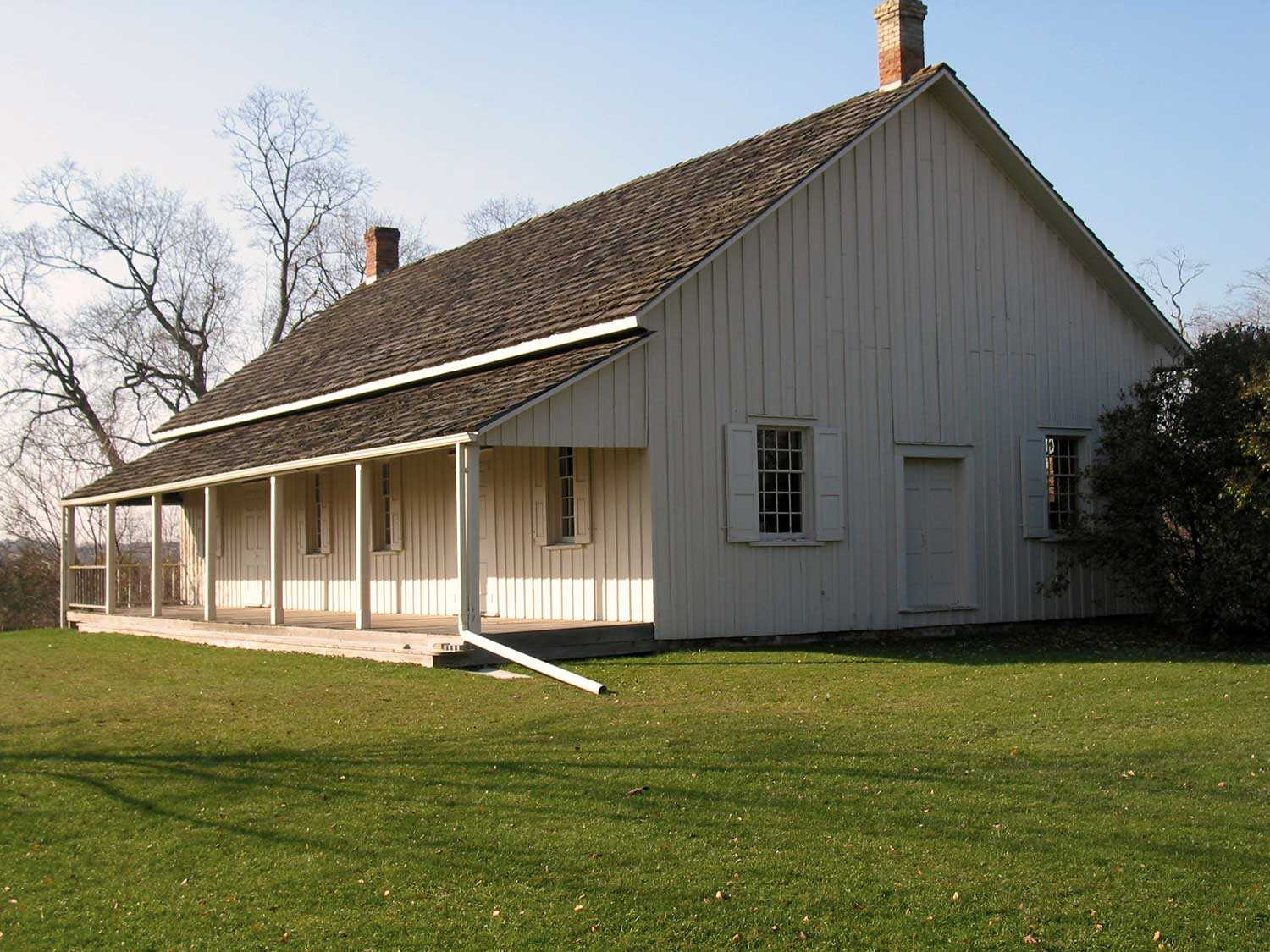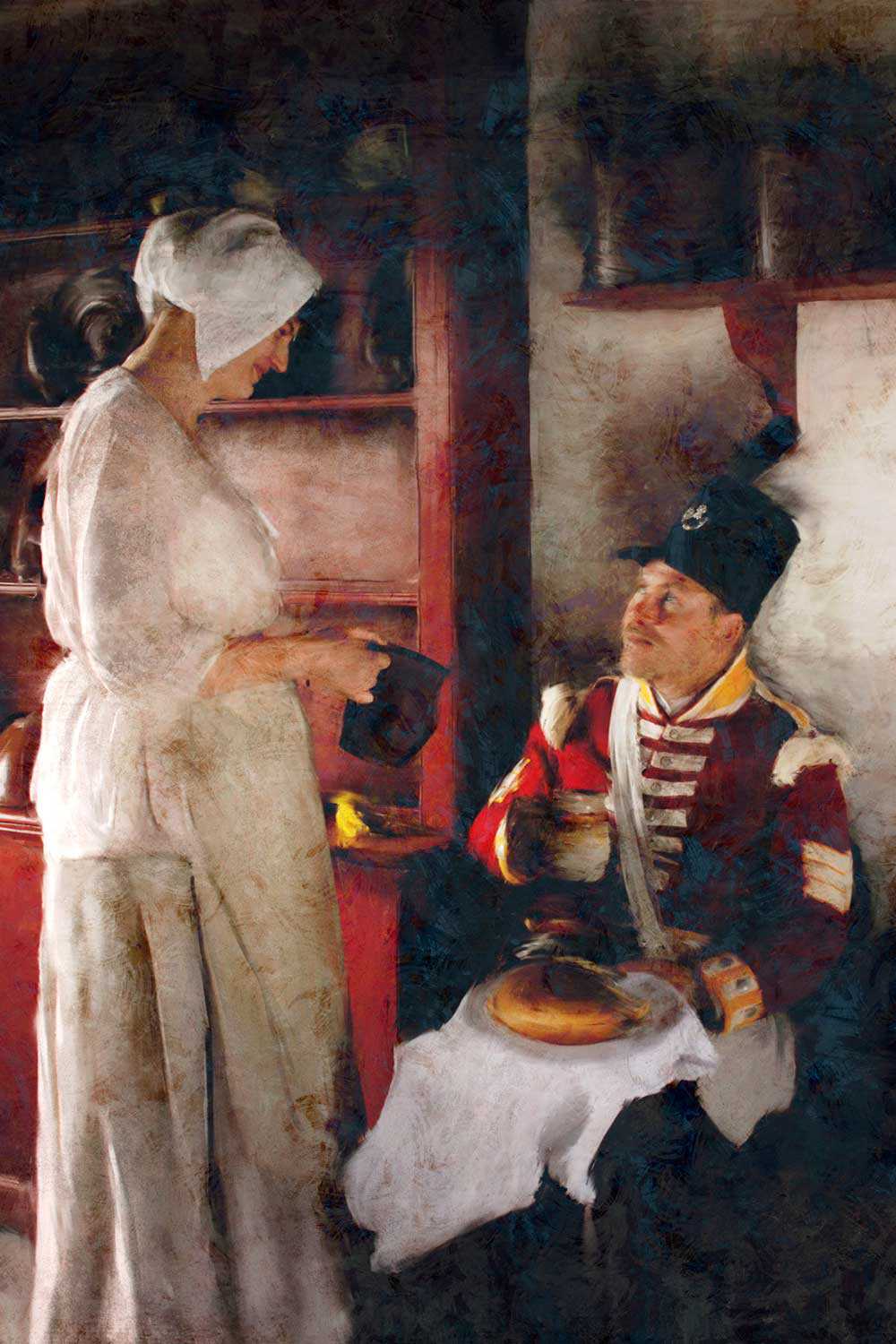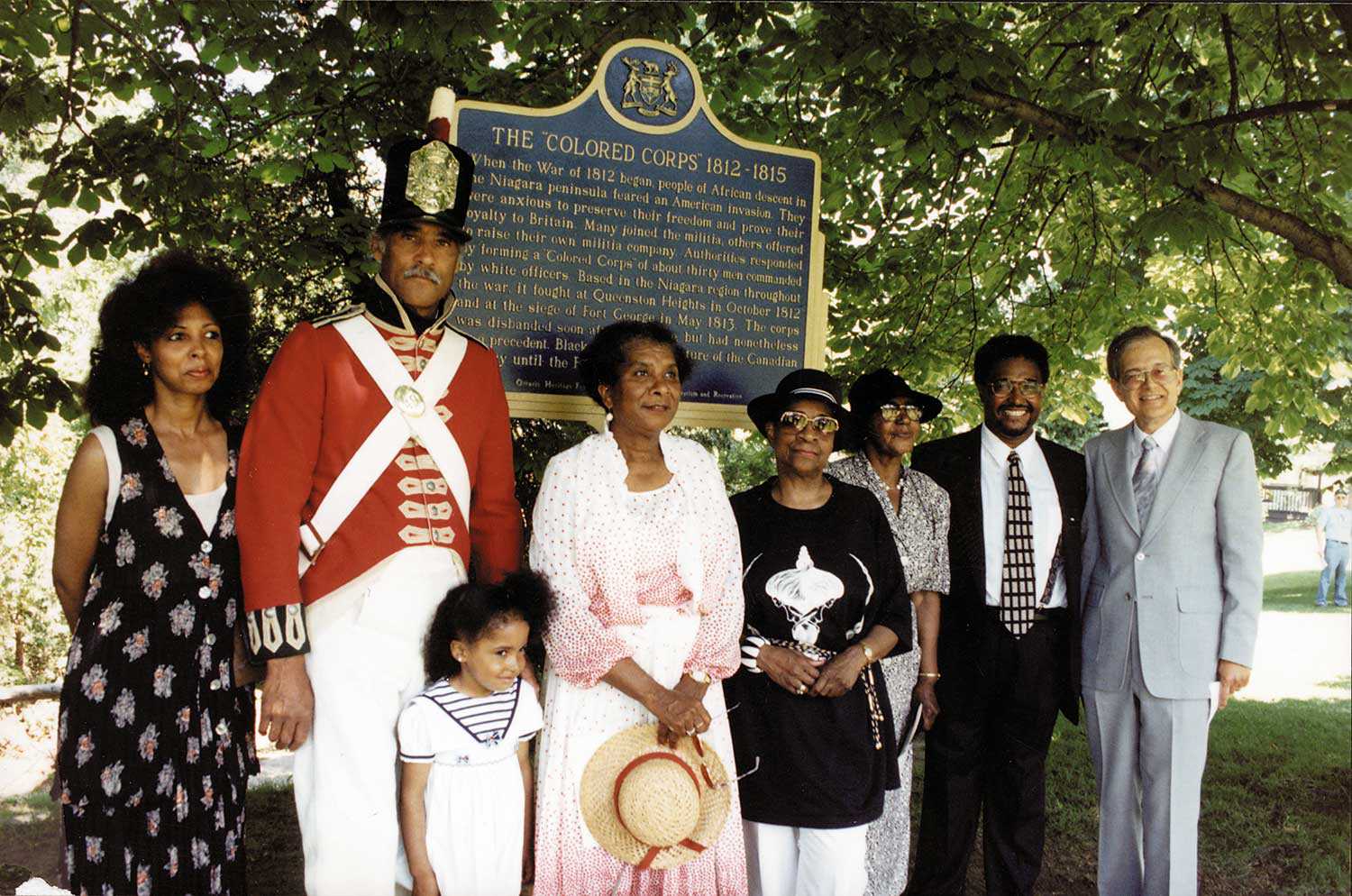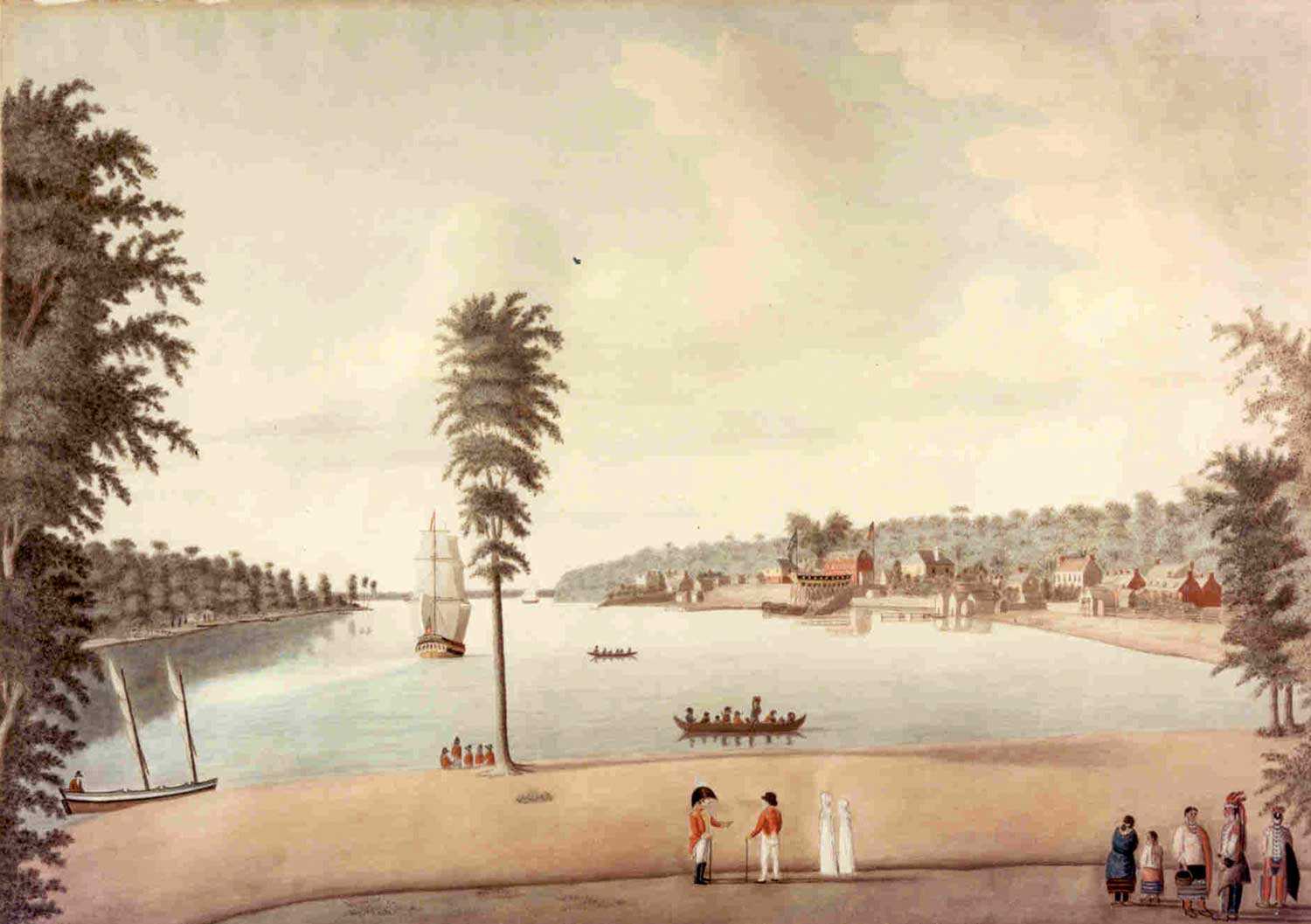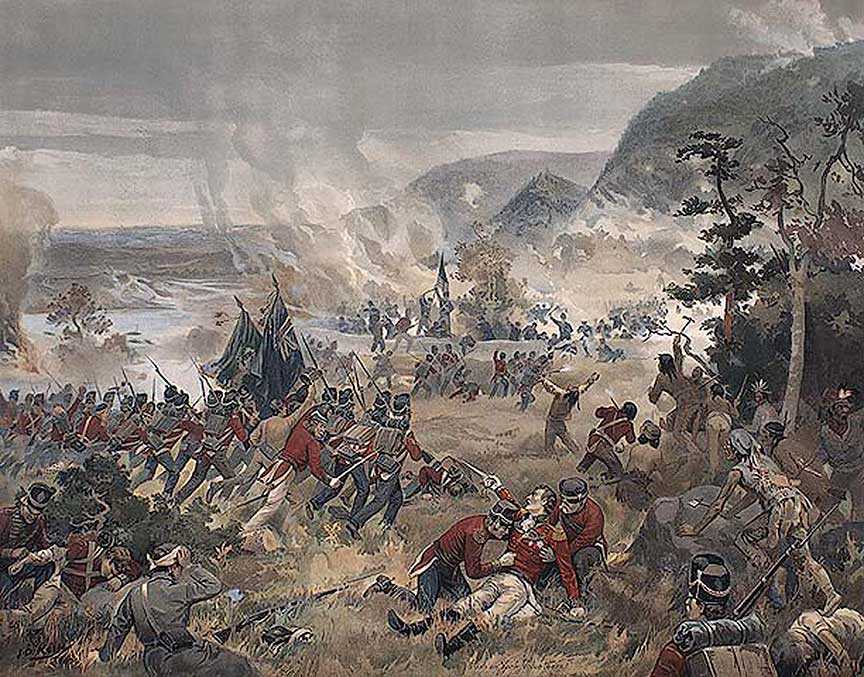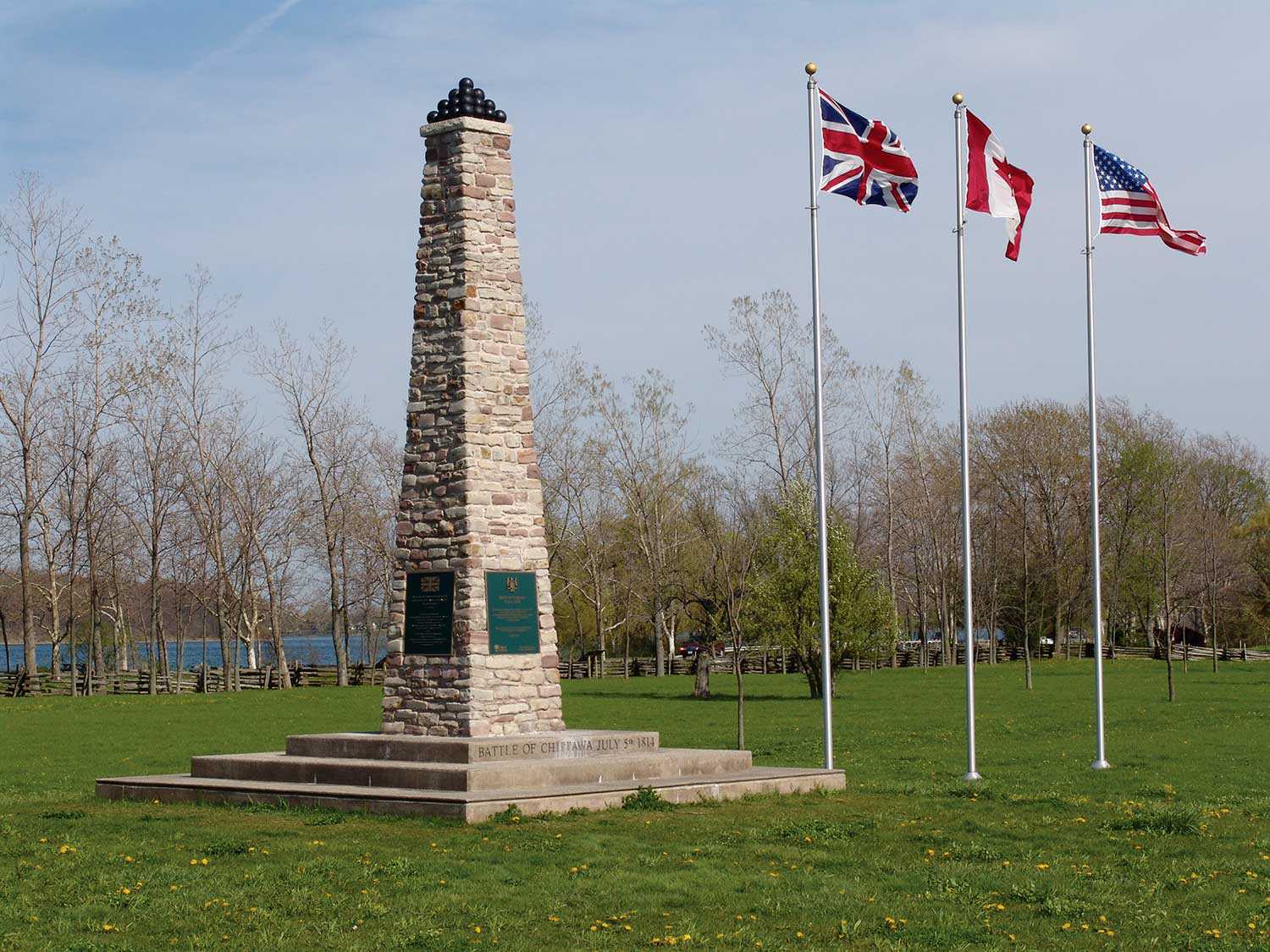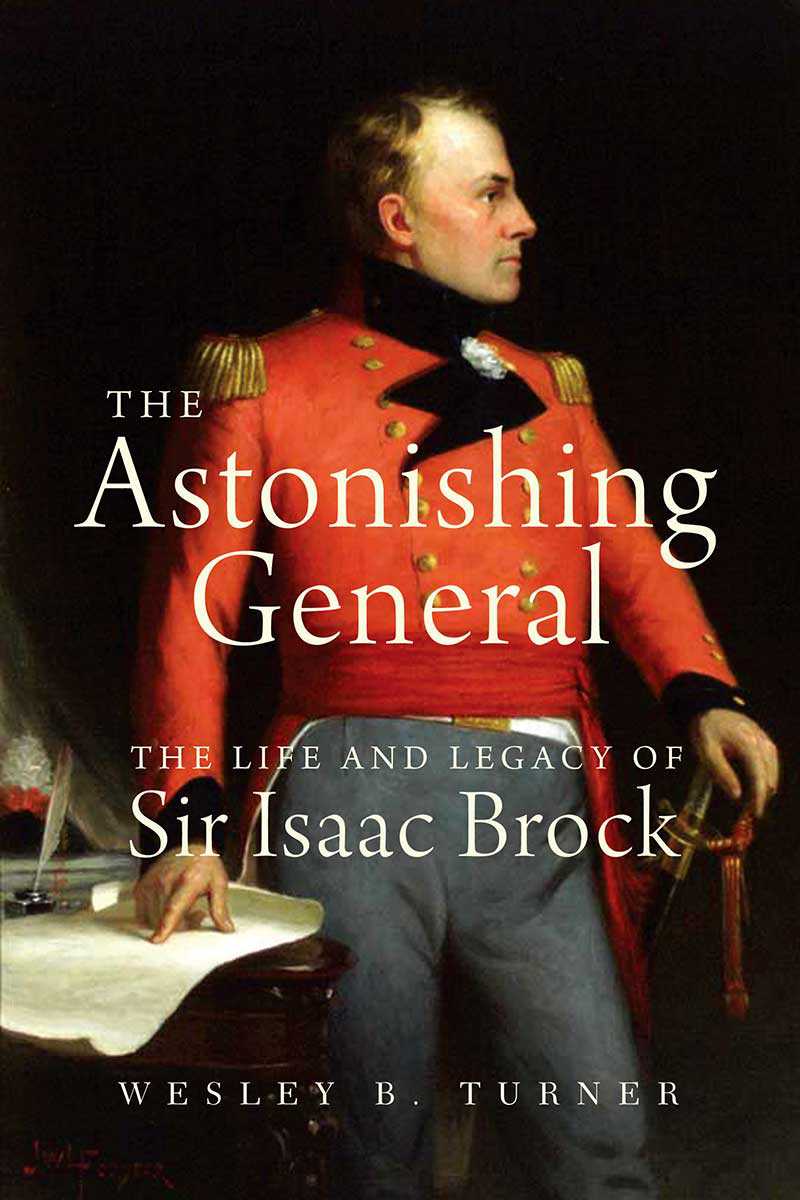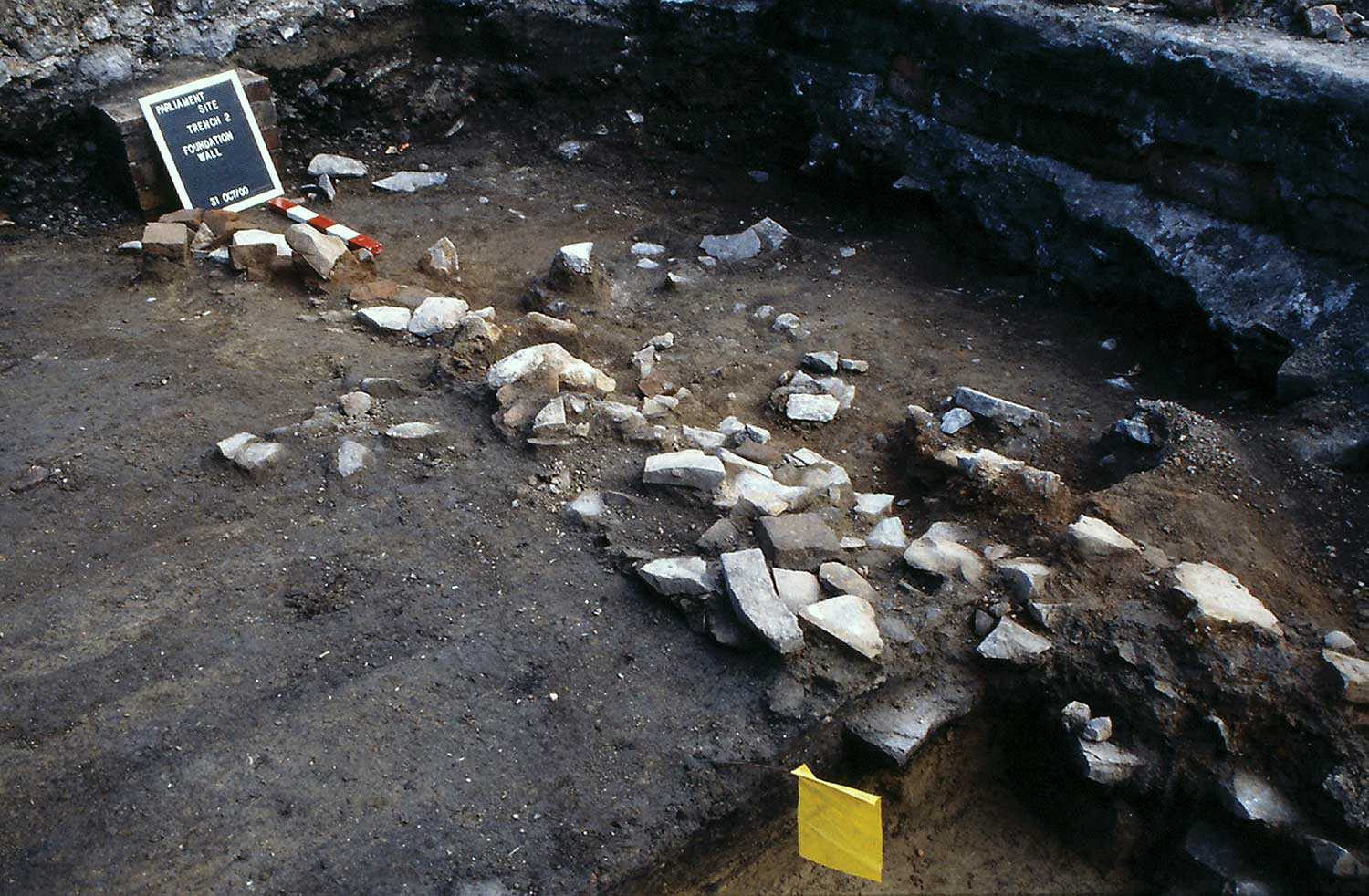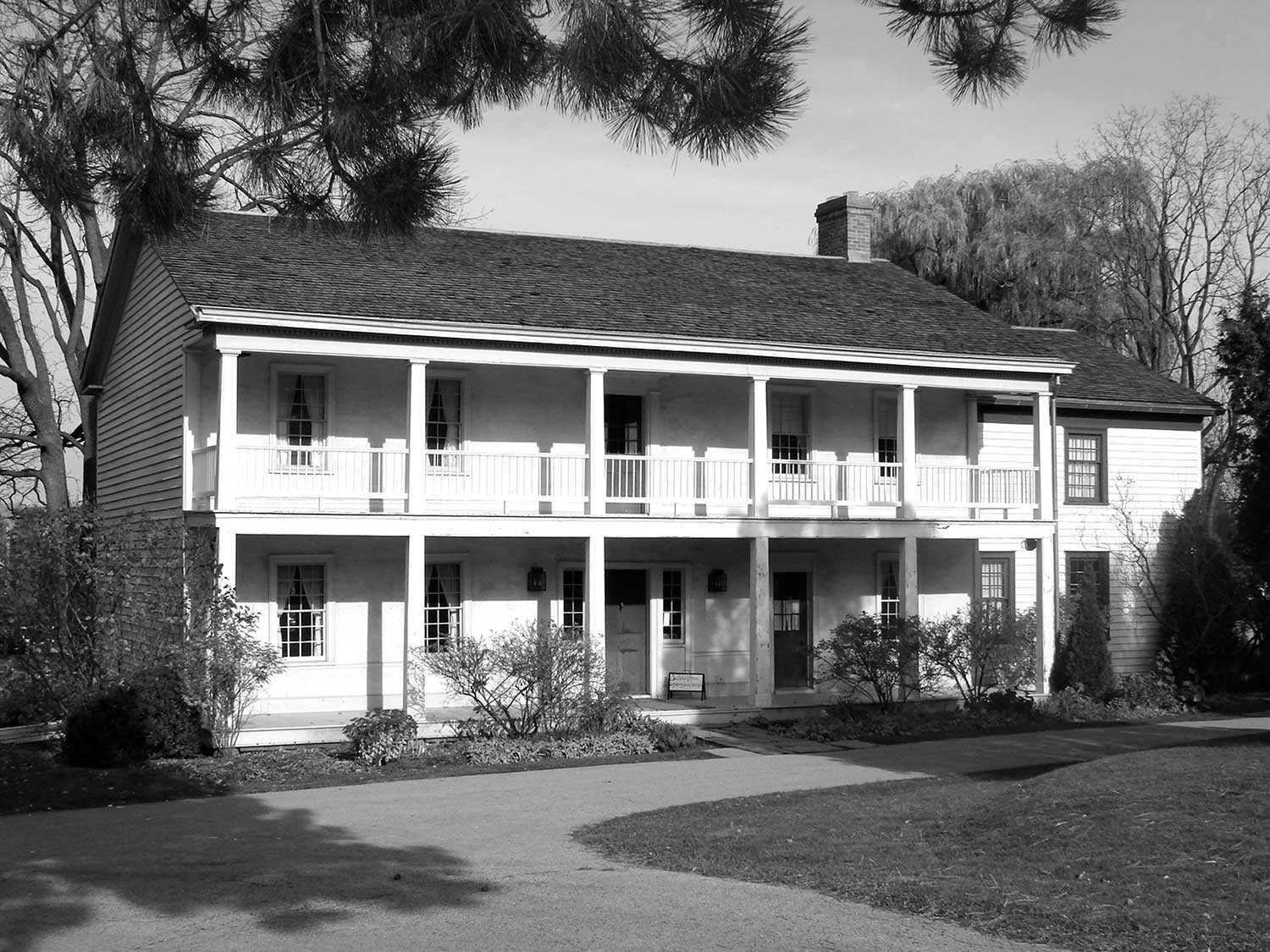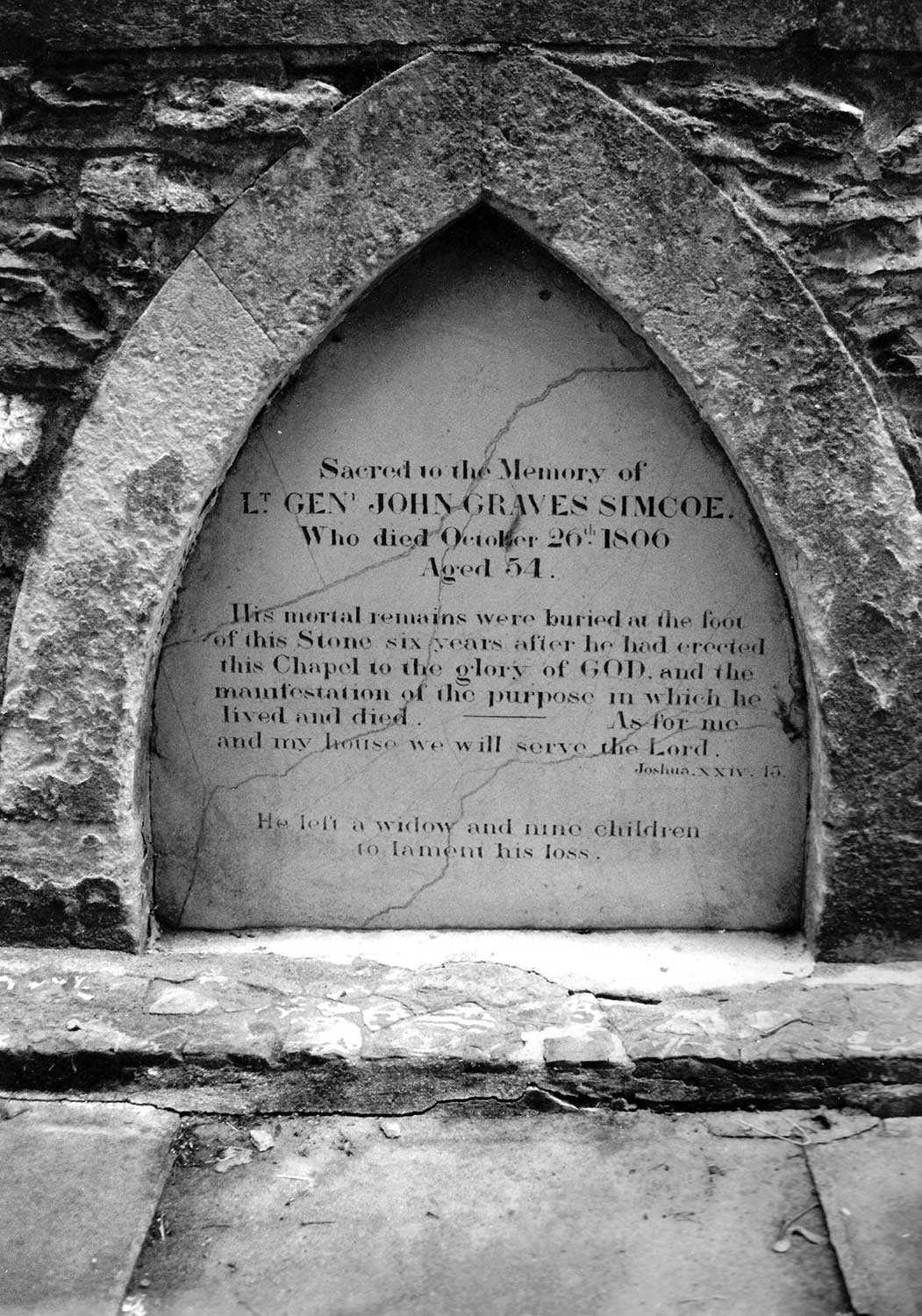

Browse by category
- Adaptive reuse
- Archaeology
- Arts and creativity
- Black heritage
- Buildings and architecture
- Communication
- Community
- Cultural landscapes
- Cultural objects
- Design
- Economics of heritage
- Environment
- Expanding the narrative
- Food
- Francophone heritage
- Indigenous heritage
- Intangible heritage
- Medical heritage
- Military heritage
- MyOntario
- Natural heritage
- Sport heritage
- Tools for conservation
- Women's heritage
Finding our place
American president James Madison signed the declaration of war in Washington on June 18, 1812 that began the War of 1812. Conquering Canada, Thomas Jefferson famously said, would be “a mere matter of marching.”
“We shall drive the British from our continent,” an eager Congressman declared; Canadians would be received “as adopted brethren.”
It took a while before couriers could carry word of the war to the wider world. Almost a week passed before the news arrived in Quebec, and it took more than a month to reach the enemy’s capital in London, England. In fact, nobody told the American garrison watching over the strategic strait of Michilimackinac, where Lake Huron meets Lake Michigan – which is how a small furtive force of British regulars (supported by Sioux and Chippewa warriors) were able to seize the fort without firing a shot.
Two hundred years later, as we observe the war’s bicentennial, it can seem sometimes as though delayed communication remains one of the chief legacies defining a conflict that bloodied the eastern half of the continent all those years ago.
What was it all about, anyway? Did we win or didn’t we? For such a formative phase in our history, the War of 1812 remains simply, for many of us, the surprising story of an unlikely victory over a bullying neighbour, the overthrow of a mighty military and economic power by plucky bands of farmers allied with a few British redcoats and their native allies. Beyond that, we can conjure a vague association of brave deeds by people named Brock, Tecumseh and Secord at places called Queenston Heights, Beaver Dams and Crysler’s Farm. As Canadians, we like to take credit for making the United States’ president’s house white. And without us, what would they do for a national anthem?
Of course, it’s a little more complicated than that.
In the months ahead, there will be much anniversary marching, accompanied by the beat of period drums and volleys from the muskets of earnest re-enactors. Nothing wrong with that. But we should balance the entertainment with a focus on the finer weave of what happened all those years ago, and challenge ourselves to think about and debate what those events really meant to the future of our fledgling nation.
Like all wars, this one was bloody and brutal, sowing fear and misery. For some, the War of 1812’s most important lessons might be in what it failed to achieve for the First Nations involved, and the dashed hopes and broken promises left scattered around once the peace was restored in 1814. It’s as easy to celebrate battles and bravery as it is to tailor the past to fit modern-day agendas. We shouldn’t be satisfied leaving it at that.

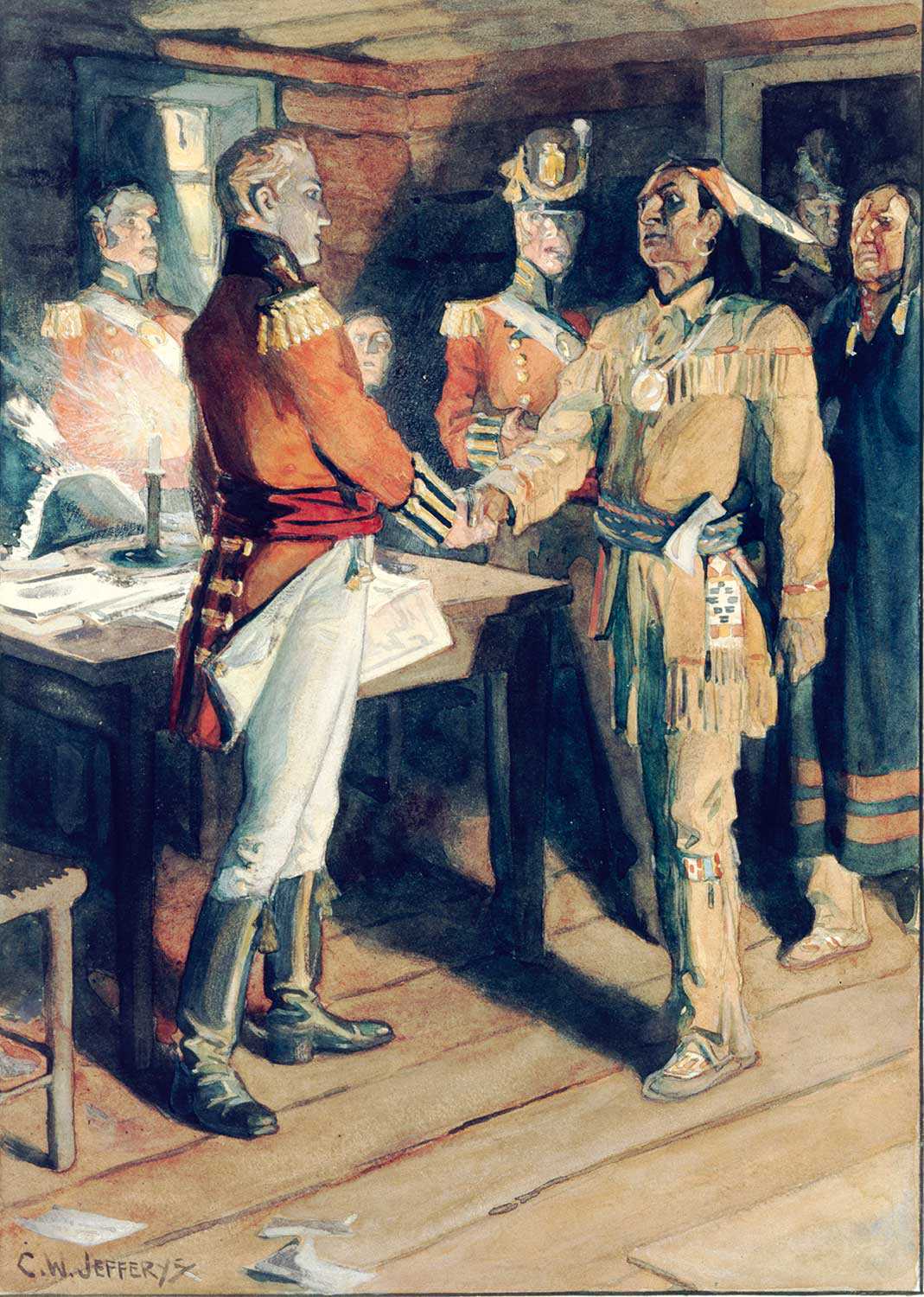
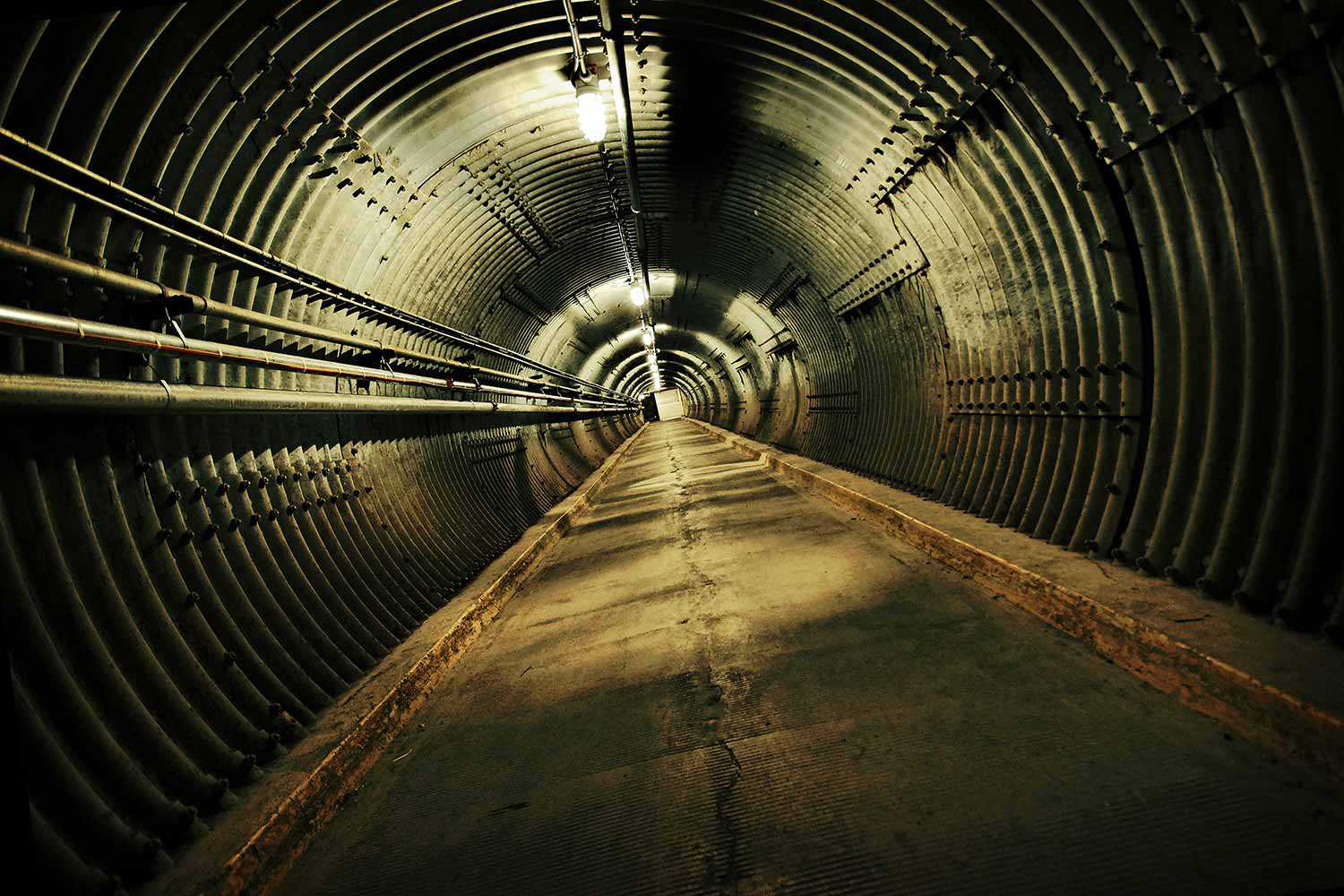
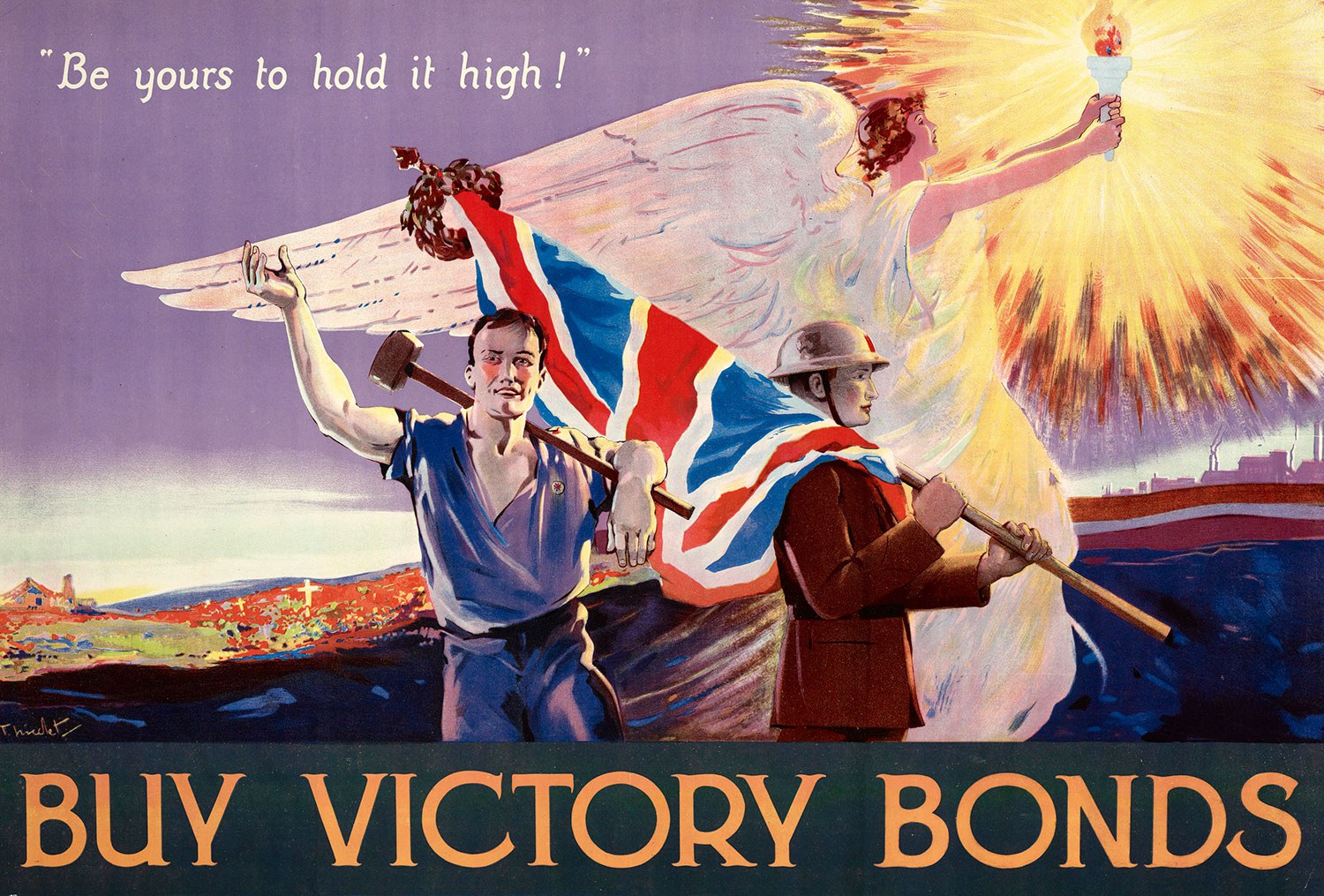
![J.E. Sampson. Archives of Ontario War Poster Collection [between 1914 and 1918]. (Archives of Ontario, C 233-2-1-0-296).](https://www.heritage-matters.ca/uploads/Articles/Victory-Bonds-cover-image-AO-web.jpg)
